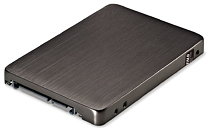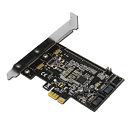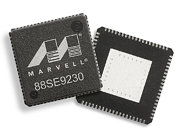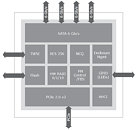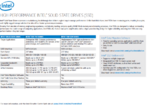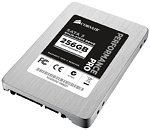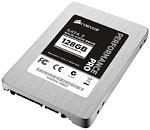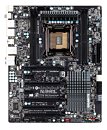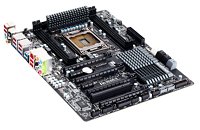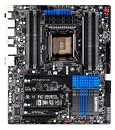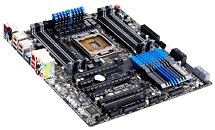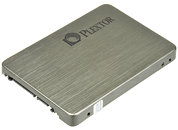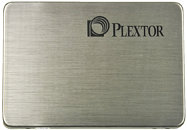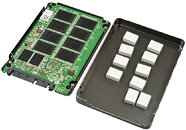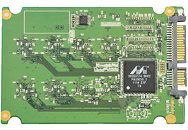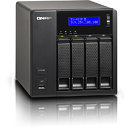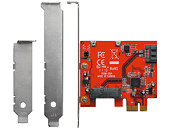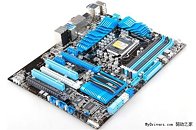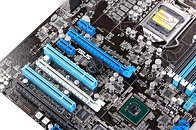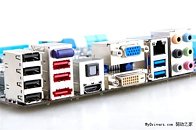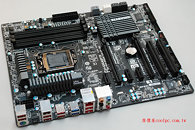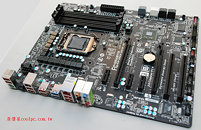Uruguay is First Country to Get New Model XO Laptop
On the opening day of the 2012 Annual Meeting of the Inter-American Development Bank, One Laptop per Child (OLPC), a nonprofit organization whose mission is to provide every child in the world access to new channels of learning, sharing and self-expression, announced that Uruguay will be the first country in the world to receive the newest model XO children's laptop.
Uruguay began working with OLPC in 2007 and by mid-2010 achieved complete laptop saturation, providing XO's to all 570,000 primary school children in the country. The project recently ordered 60,000 XO 1.75's in order to take advantage of the many breakthrough hardware and software features in the new model.
Uruguay began working with OLPC in 2007 and by mid-2010 achieved complete laptop saturation, providing XO's to all 570,000 primary school children in the country. The project recently ordered 60,000 XO 1.75's in order to take advantage of the many breakthrough hardware and software features in the new model.


